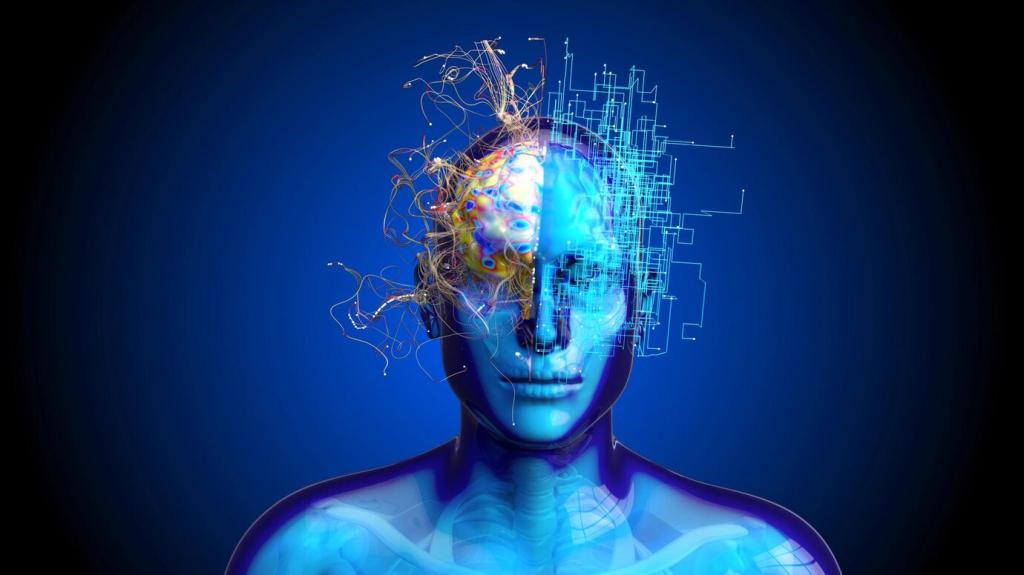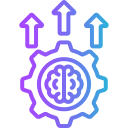The Role of Machine Learning in Personalized Medicine
The integration of machine learning into personalized medicine has transformed the landscape of healthcare by enabling treatments tailored to individual patient characteristics. Leveraging vast amounts of patient data and sophisticated algorithms, machine learning empowers clinicians to make predictions and recommendations unique to each person’s genetic makeup, lifestyle, and medical history. This new paradigm promises more effective treatments, earlier disease detection, and improved patient outcomes, marking a significant shift from traditional “one-size-fits-all” treatment strategies.

Automated Interpretation of Medical Data
One of the most significant contributions of machine learning to diagnostics is its ability to automate the interpretation of large and complex types of medical data such as scans, blood tests, and genomics. Rather than relying solely on human expertise, these algorithms can quickly sift through vast amounts of information, highlight anomalies, and suggest possible conditions. This not only speeds up the diagnostic process but also helps reduce human error, ensuring that patients receive an accurate diagnosis and are put on the most effective treatment path for their specific condition.

Improved Accuracy in Disease Detection
Traditional disease detection methods can be limited by human interpretation and the sheer complexity of biological data. Machine learning models, trained on thousands or even millions of patient records, are becoming adept at distinguishing between benign and malignant abnormalities, predicting disease progression, and identifying early warning signs. The improved accuracy of these models assists clinicians in catching diseases at their earliest stages, allowing for more timely and targeted interventions that are tailored to the unique profiles of individual patients.

Real-Time Monitoring and Alerts
With wearable devices and continuous patient monitoring, machine learning algorithms can analyze real-time data streams to provide instant feedback and alerts to both patients and healthcare providers. When abnormal patterns or potential threats are detected, the system can quickly notify clinicians or prompt patients to seek medical attention. This real-time responsiveness is essential for managing chronic diseases, preventing complications, and ensuring personalized care that evolves with the patient’s changing health status.
Personalized Treatment Planning
Machine learning has made it feasible to analyze the vast amount of data generated by genetic and genomic testing. Through this analysis, algorithms can uncover specific mutations and biomarkers that are relevant to a patient’s disease or condition. These insights allow clinicians to choose targeted therapies that are more likely to succeed, reducing the trial-and-error approach that often characterizes conventional treatment pathways. The result is a more precise and effective care plan that accounts for the individual’s unique biological characteristics.

Integration with Electronic Health Records
EHRs often originate from multiple sources, formats, and institutions, posing substantial challenges for data harmonization. Machine learning facilitates the integration and standardization of these diverse data streams, making it possible to create a unified patient profile. This harmonized data is fundamental for generating reliable, personalized insights, as it ensures that all relevant information is accessible and interpretable for advanced analysis.
Previous
Next
